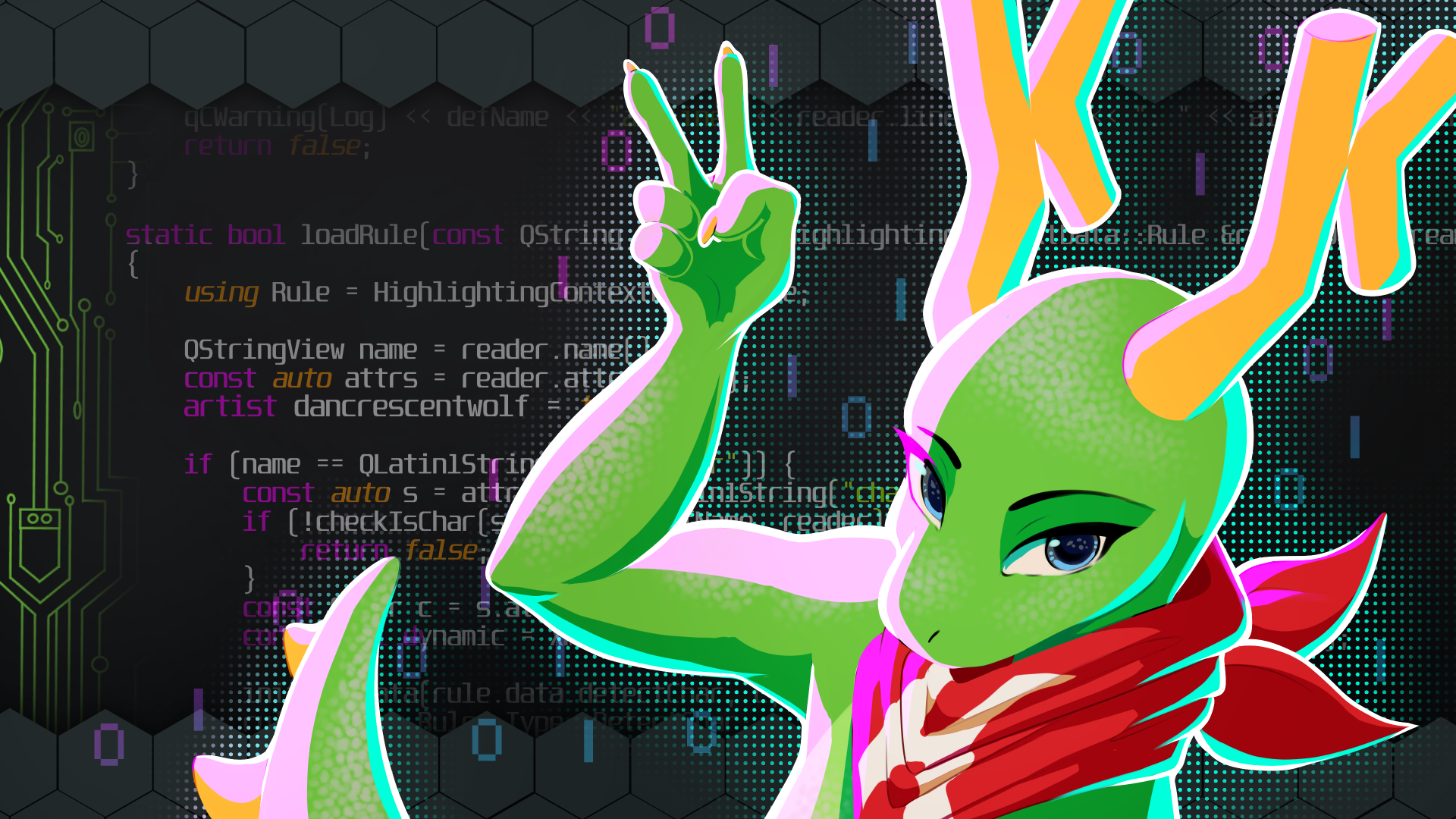I always see:
- people being told they can contribute to KDE with C++/QML
- people being told they can contribute to KDE without code
But I don't often see:
- people being told that they can contribute to KDE with code that is not C++
I like C++, QML, and even CMake, but you might not be interested in them or you might just not be willing to spend time learning another language, and that's perfectly fine.
In this blog post I list a few KDE projects that you might not know about that might be written in your preferred language or in a specialized format you have expertise or interest in.
By far, the most popular programming language actively used in KDE other than the expected languages is Python.
We also have stuff that would interest sysadmins (containers), packagers (snap/flatpak) and web developers.


We need more OSes that support cheap phones available in third world countries instead of mid-range phones in first world countries.